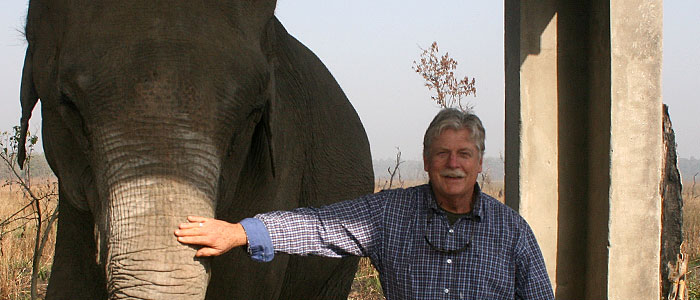BARRY.R.NOON
PERSONAL SUMMARY
Barry R. Noon is a professor in the Department of Fish, Wildlife, and Conservation Biology at Colorado State University. He graduated from Princeton University in 1971 with a B.S. degree in biology and from the State University of New York-Albany in 1977 with a PhD in ecology. In collaboration with many outstanding students and post-docs, he has conducted research on the effects of land management practices on wildlife populations for the past 40 years. His focus has primarily been on the conservation of imperiled species in forest ecosystems. During this period, he has published over 130 scientific papers and co-authored 4 book-length reports to the federal government on the sustainable management of public lands.
For 11 years, he directed a Forest Service Research Lab in the Pacific Northwest (USA) and in 1995 served as Chief Scientist of the National Biological Service, Department of the Interior. During the last 15 years, he has served on federal advisory committees providing recommendations to the Secretary of Agriculture on the management of Forest Service lands to better sustain biological diversity and to the Secretary of the Interior on changes to the Endangered Species Act to encourage conservation on private lands. He has also served as chair of the global policy committee for the Society for Conservation Biology and provided testimony to the U.S. Congress on numerous occasions on issues regarding the conservation of wildlife in the U.S. and internationally.
Dr. Noon has received several academic awards including the Edward T. LaRoe award from the Society for Conservation Biology (1997), an Aldo Leopold Leadership Fellowship (2004), Colorado State University Distinguished Ecologist (2008-09), and two Senior Fulbright Fellowships to India from the U.S. State Department (2003-04 and 2010-11). In collaboration with his students, his current research focuses on tiger conservation in India, the effects of energy development on imperiled species in the United States, climate change effects on wetland birds, and promoting biodiversity conservation on U.S. Department of Defense lands.

